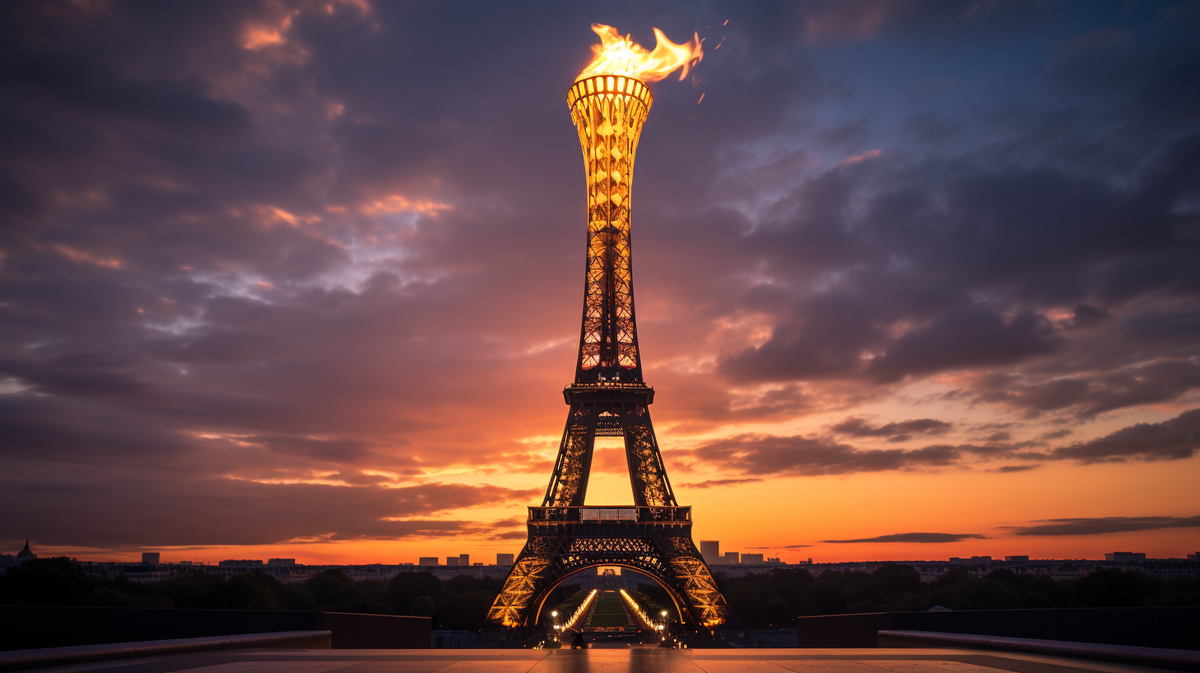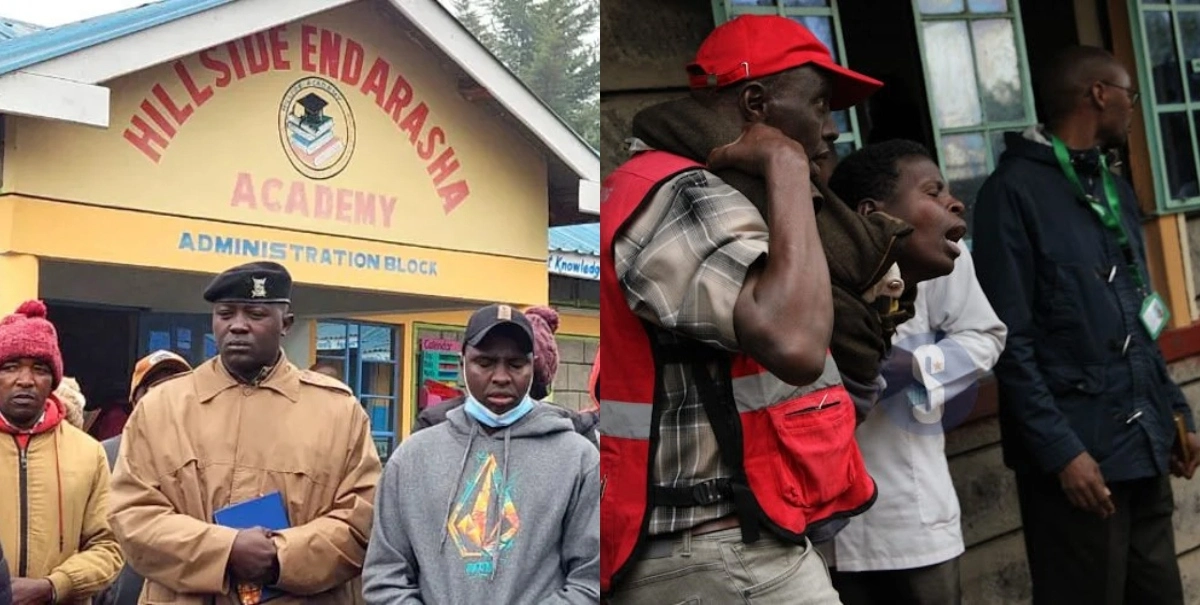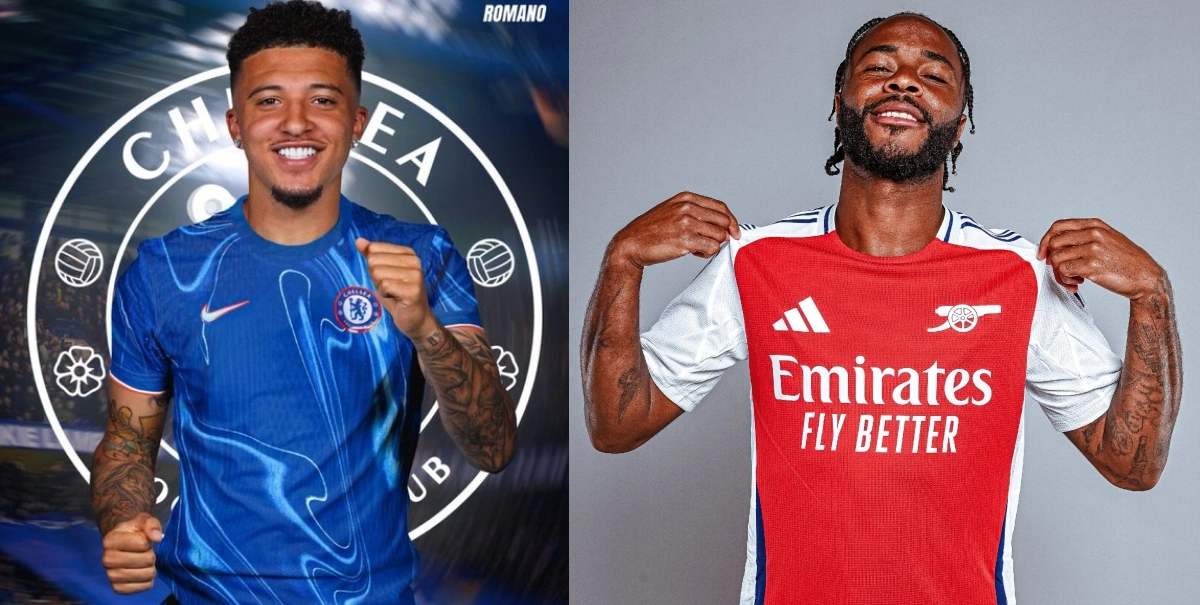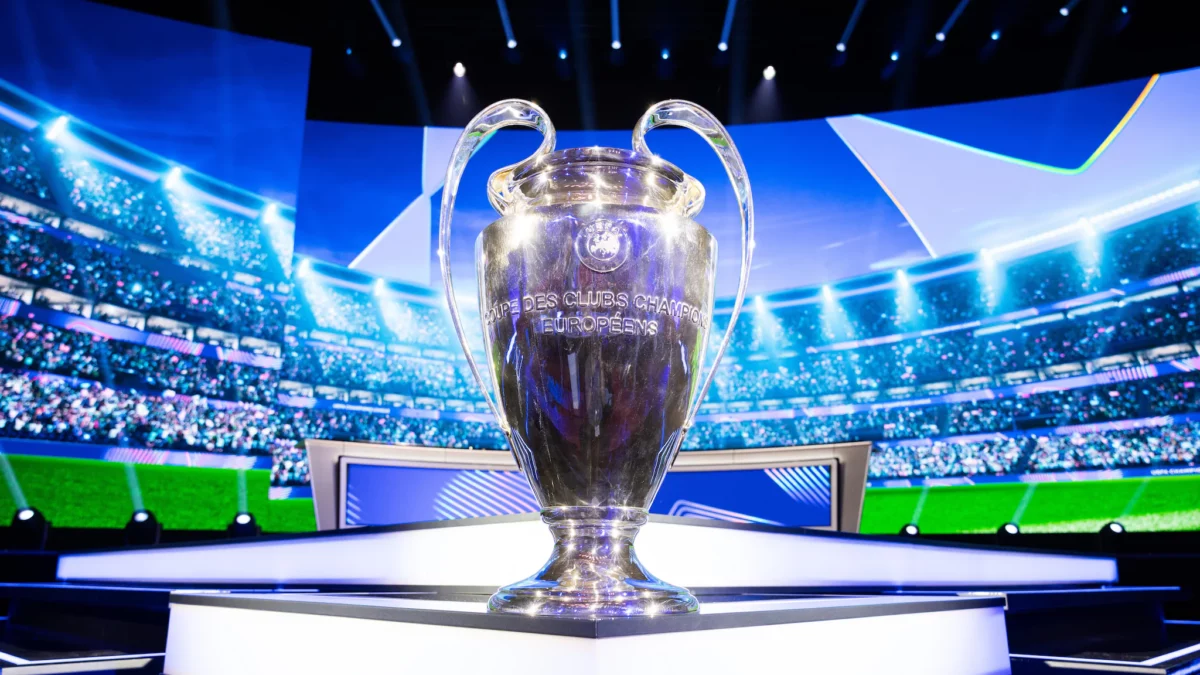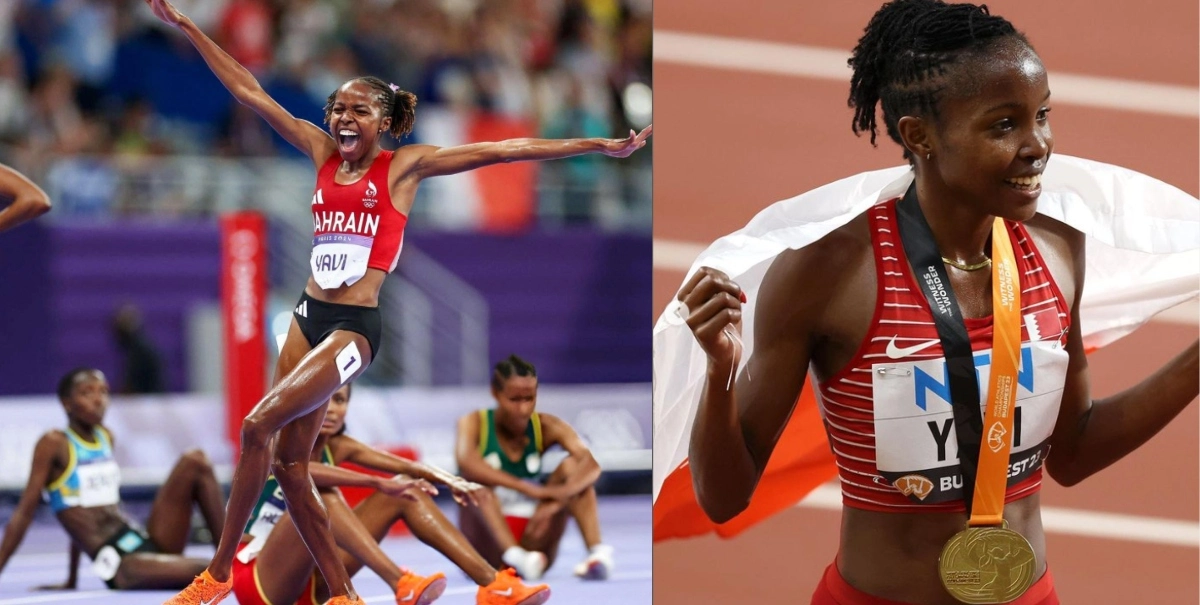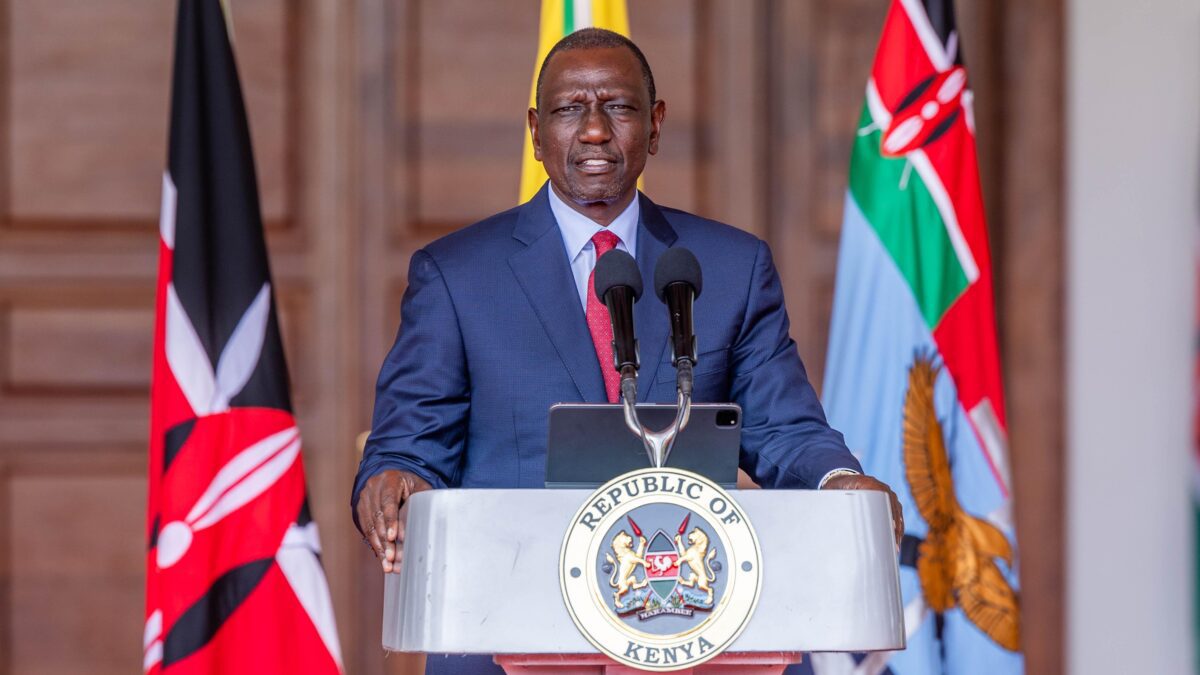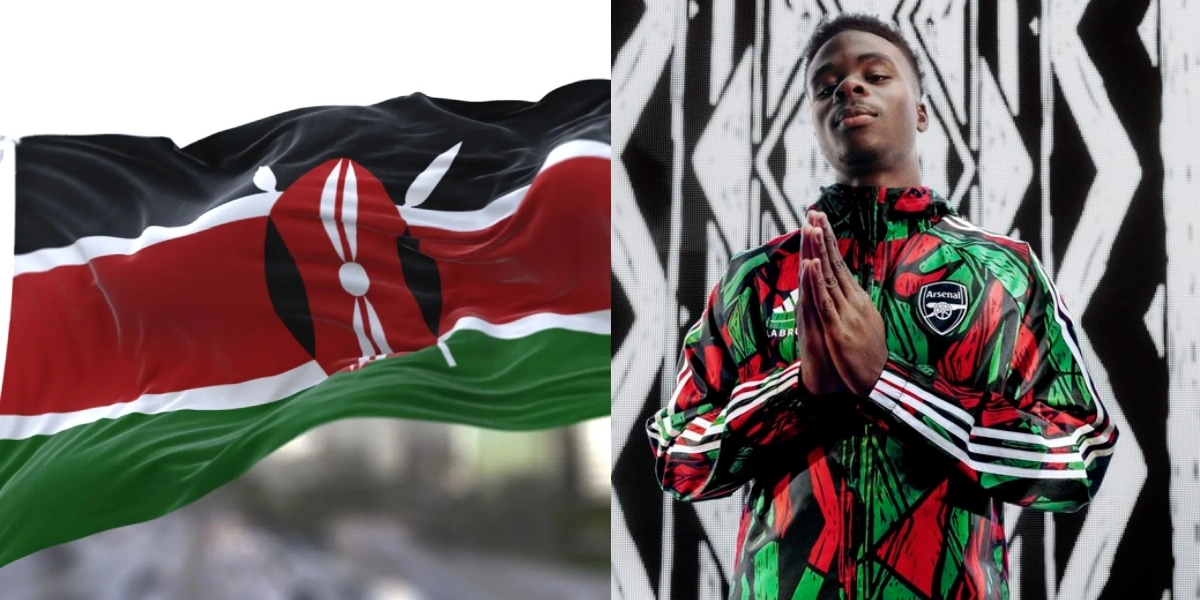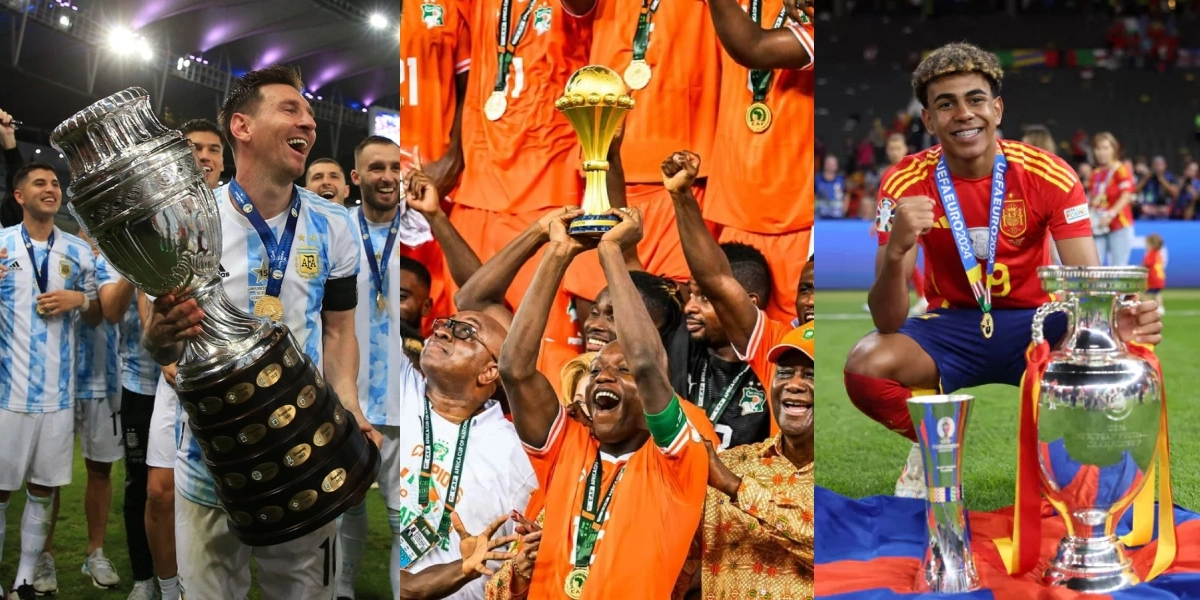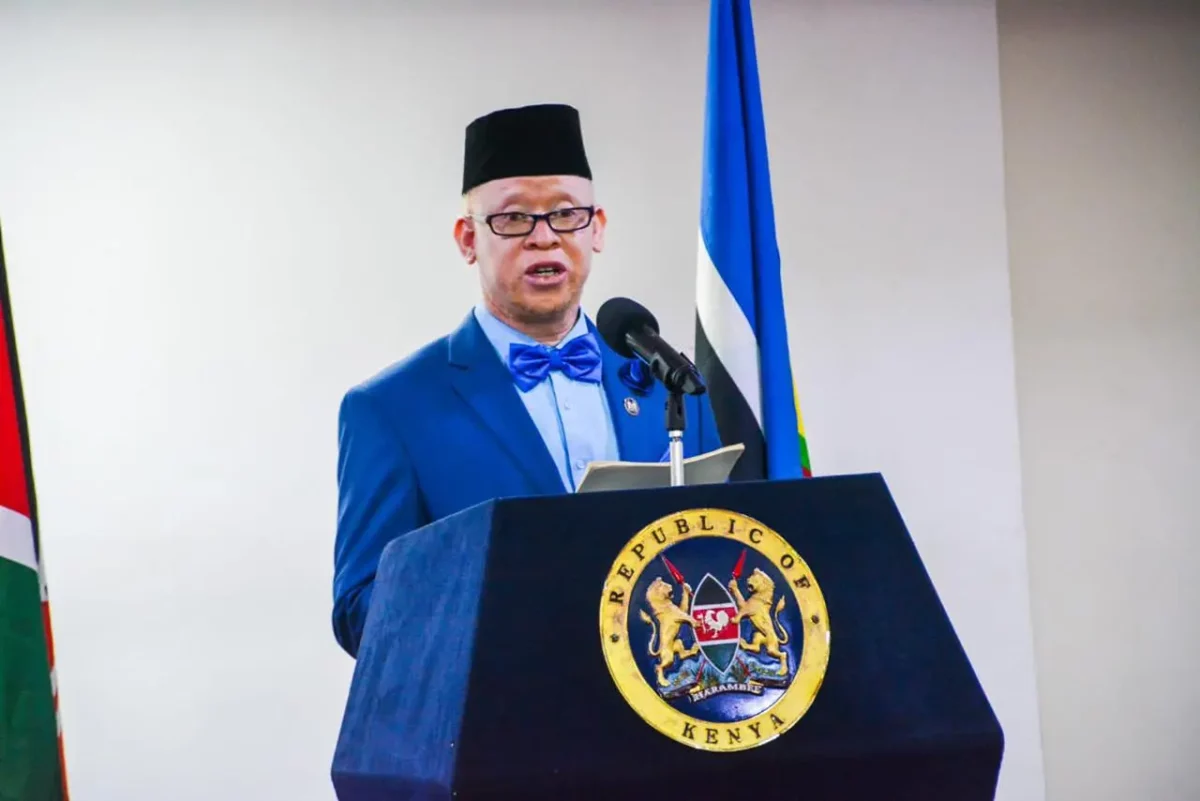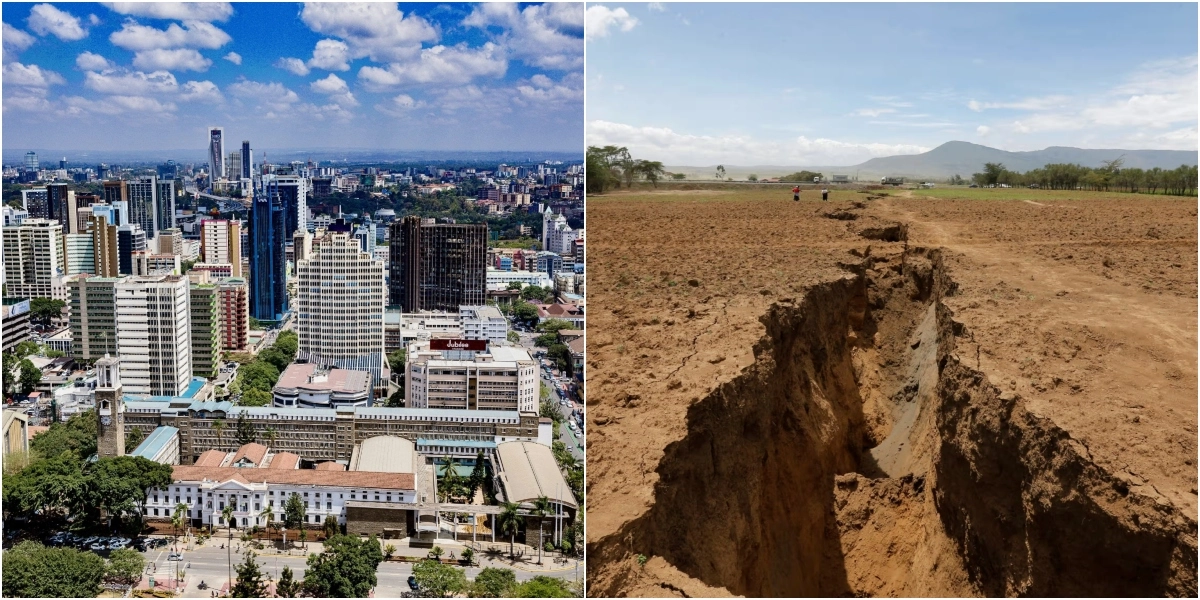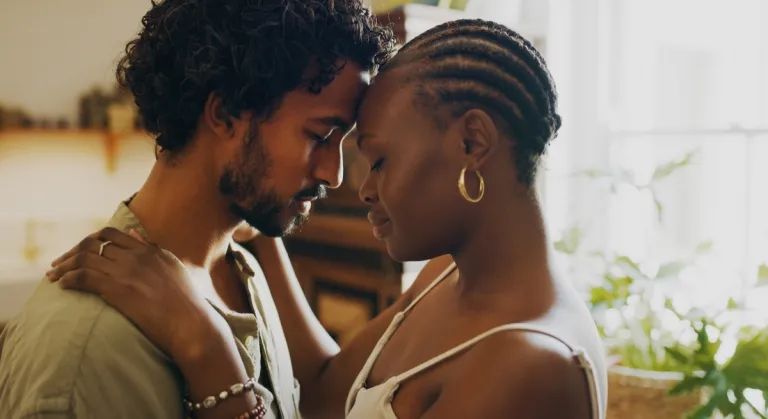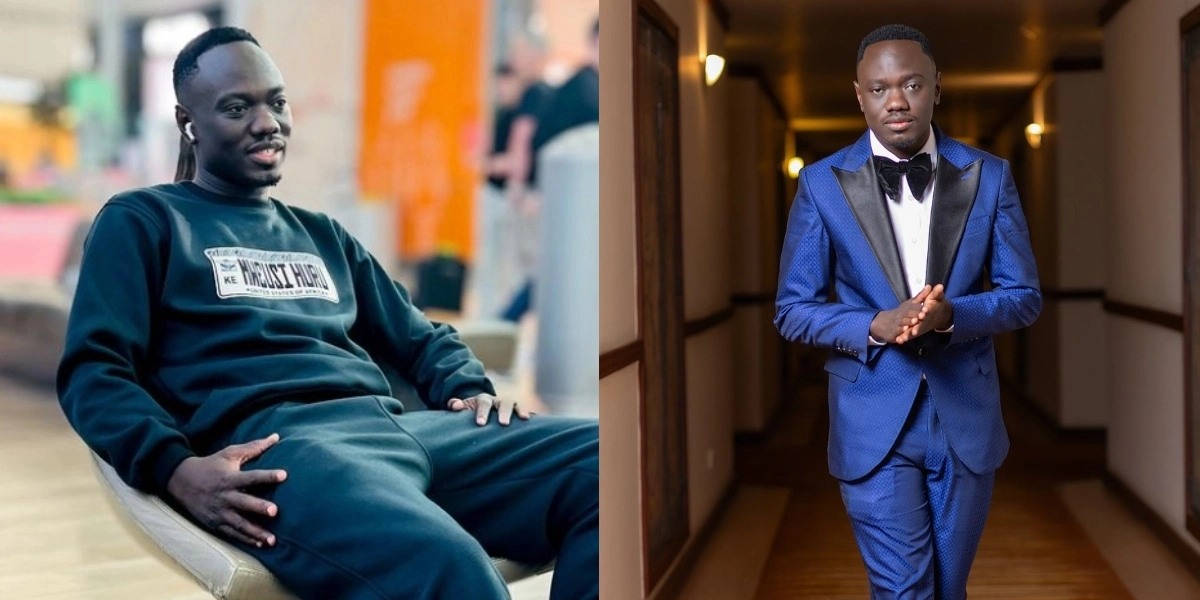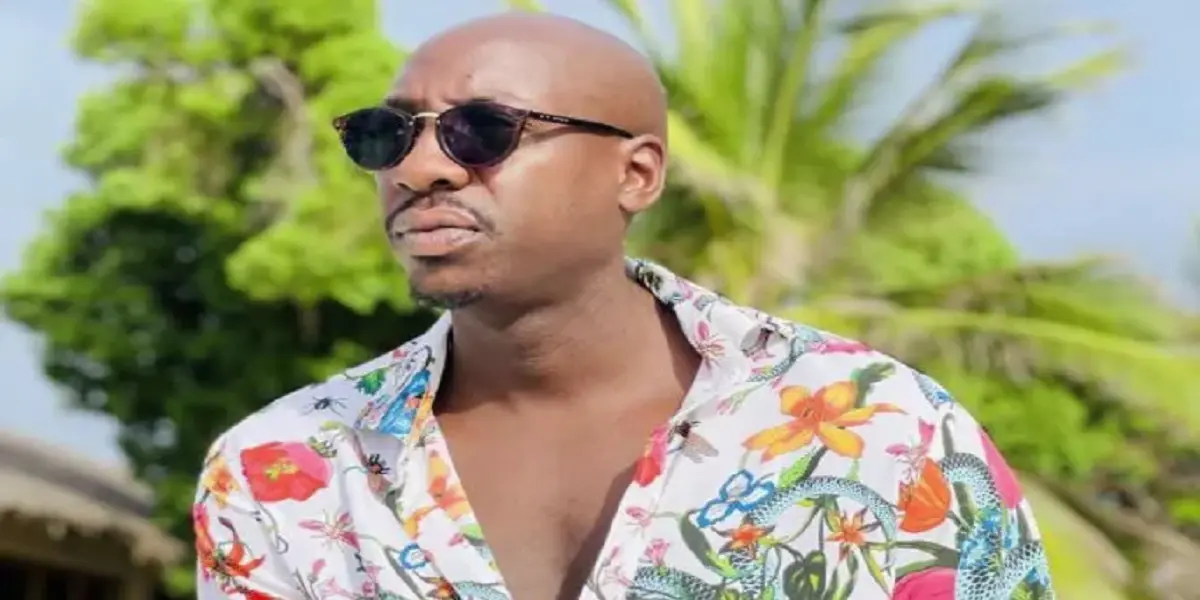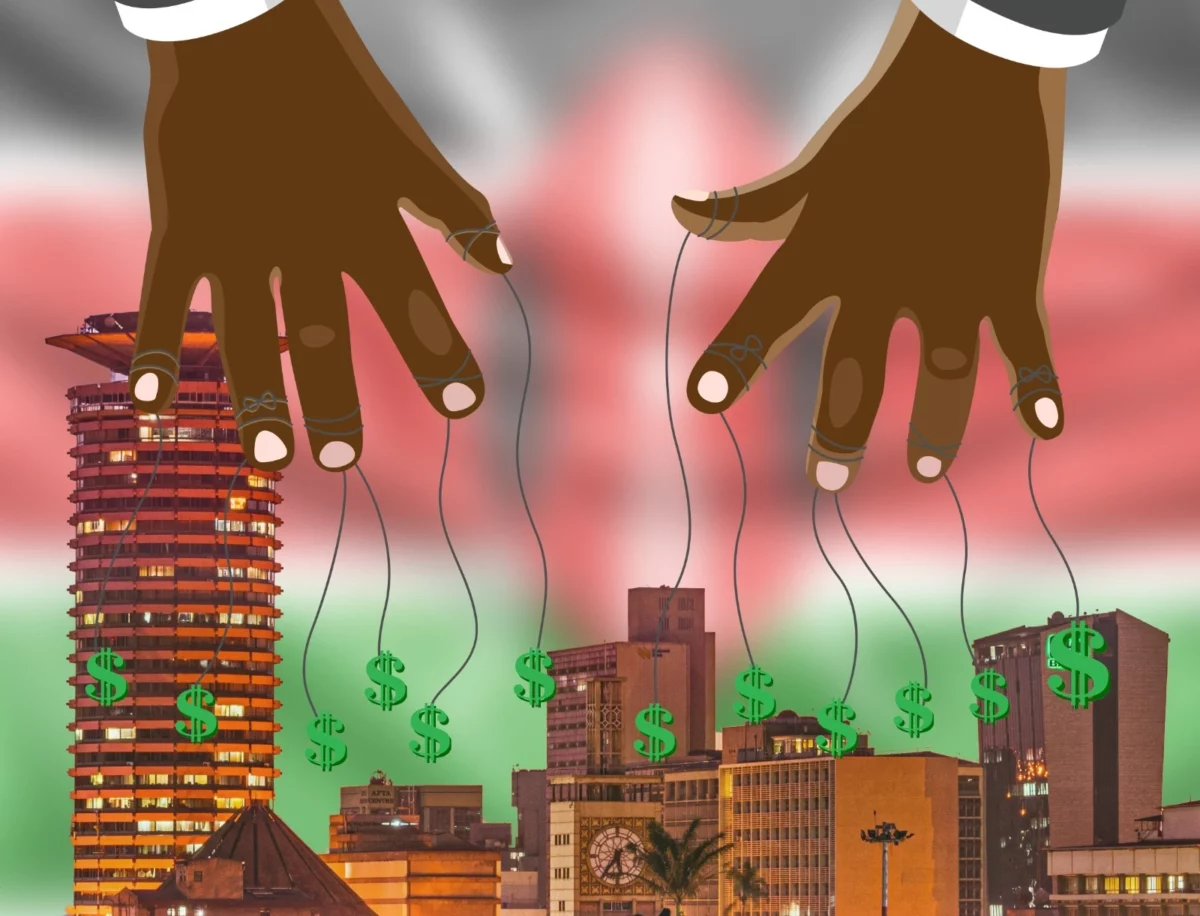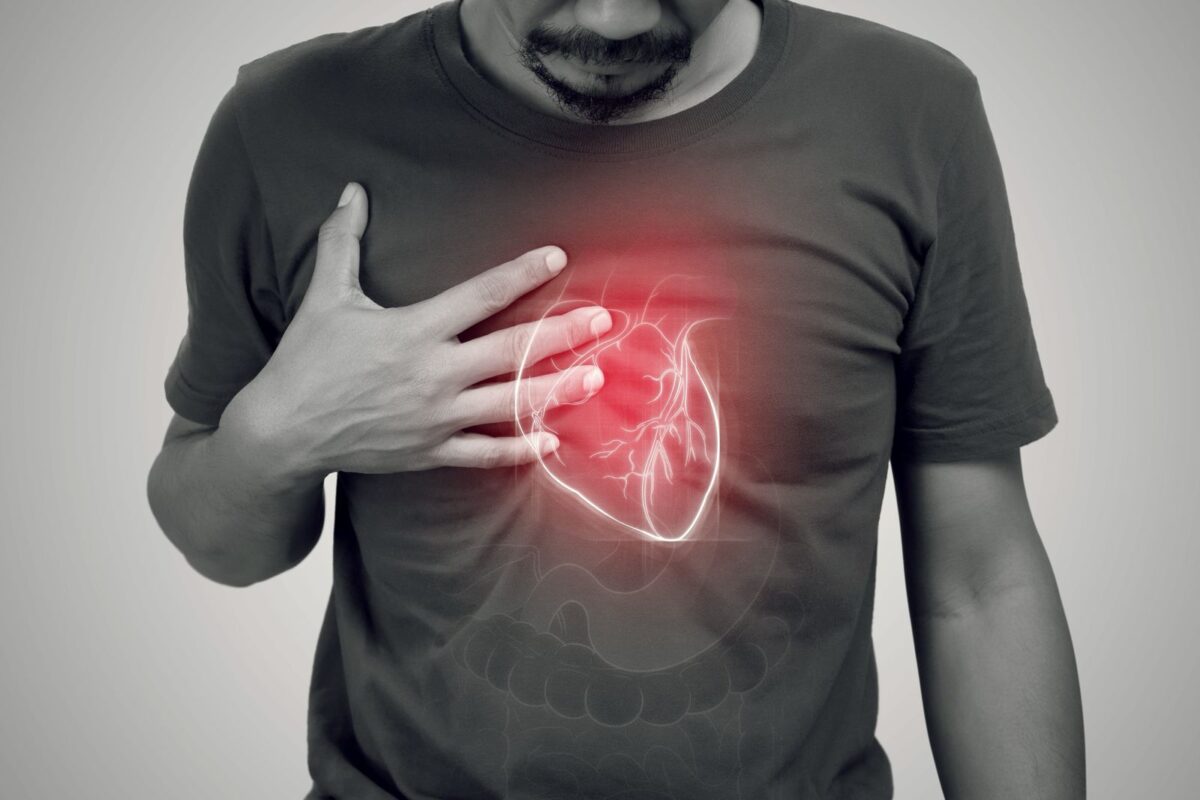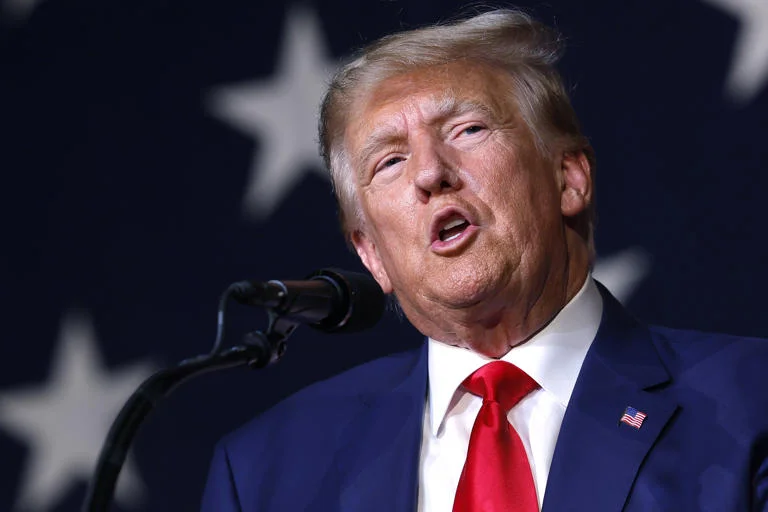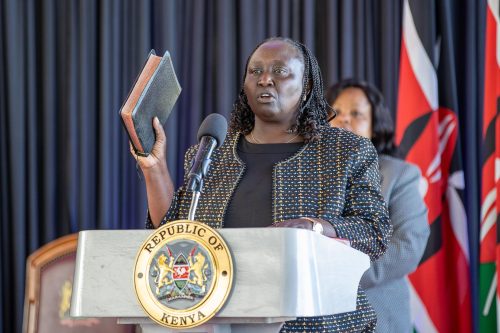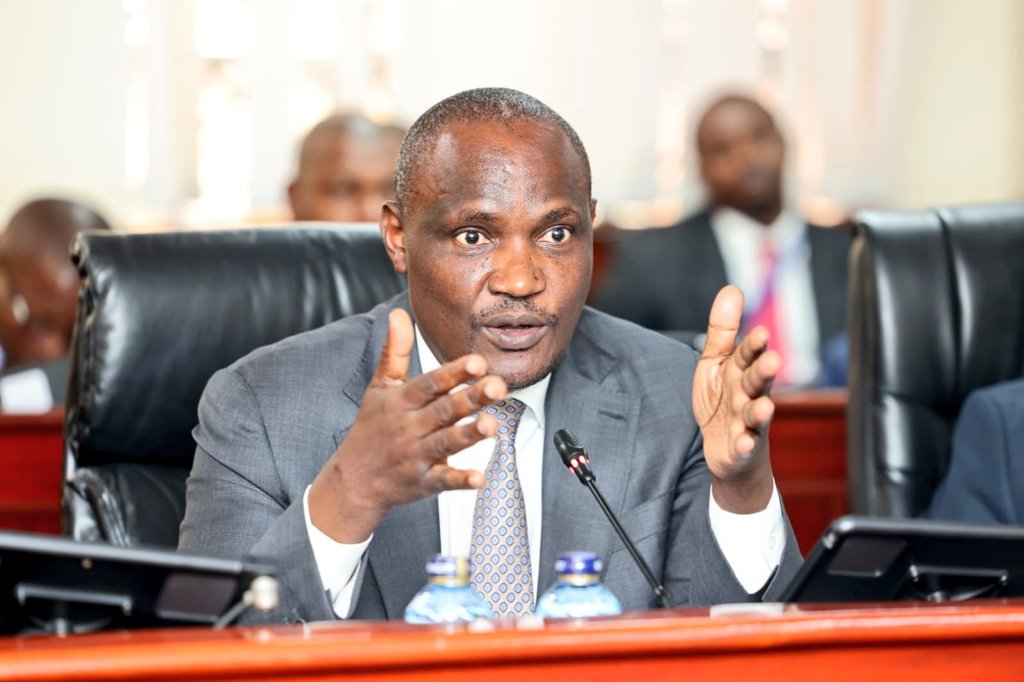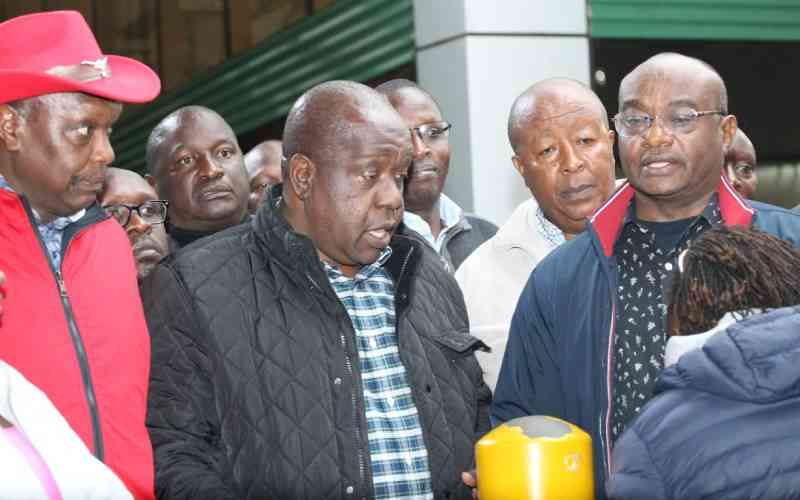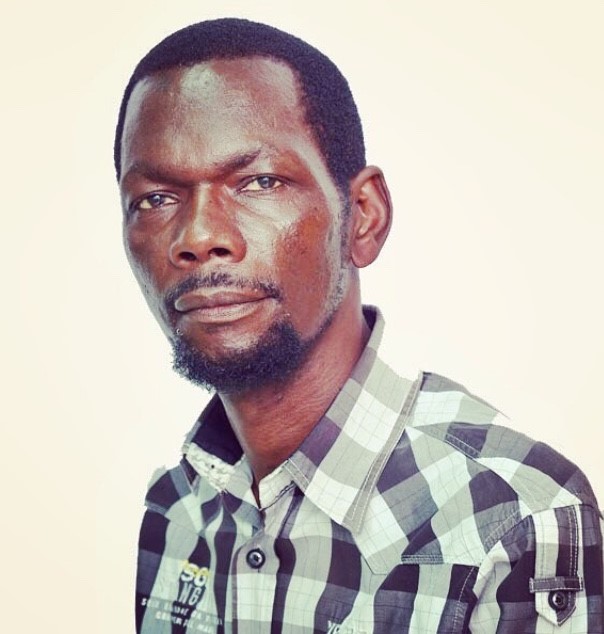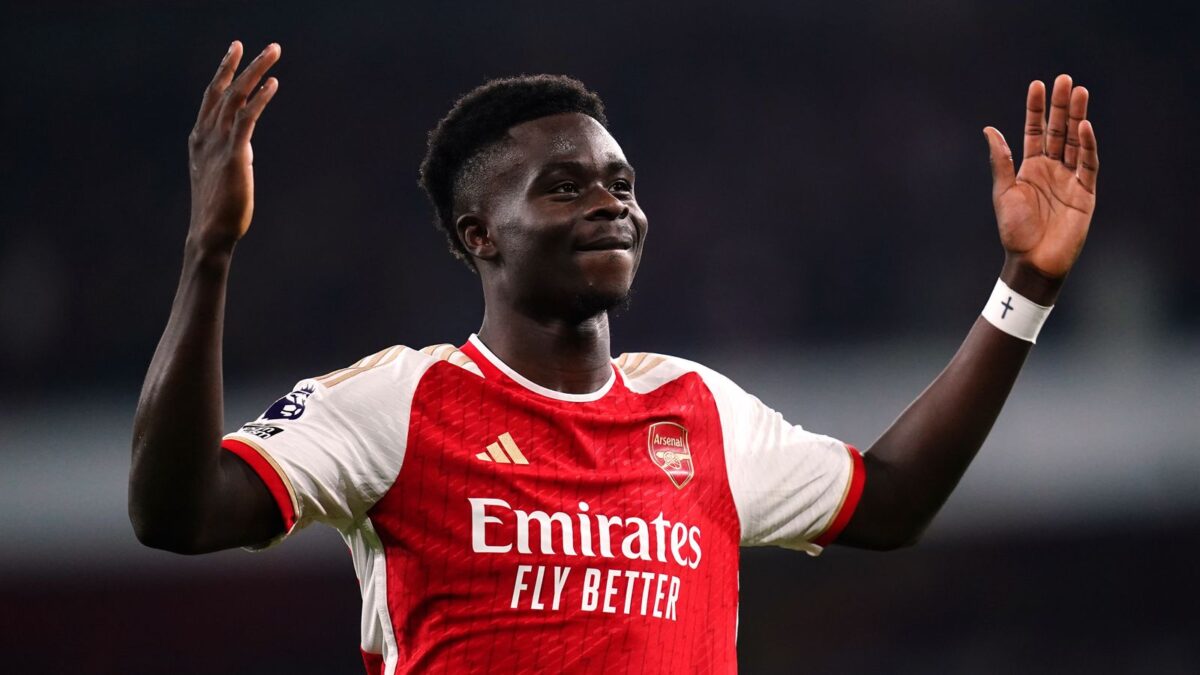As France prepares to host the 2024 Olympics in Paris starting on July 26, the nation is grappling with several controversies and logistical challenges that have sparked widespread criticism and concern domestically and internationally.
Amidst these controversies, the Kenya Olympic team is gearing up for the Games. Kenya, known for its dominance in long-distance running, aims to replicate its success from previous Olympics. In Tokyo 2020, Kenya won 10 medals, including four golds, in athletics. The country’s star athletes, such as Eliud Kipchoge, the marathon world record holder, and Faith Kipyegon, the two-time Olympic gold medallist in the 1500 meters, are expected to lead the charge. Kenya’s preparations have been focused on ensuring their athletes are in peak condition, with training camps and international competitions providing critical experience ahead of Paris 2024.
Hijab Ban for French Athletes
In a contentious move, France has barred its athletes from wearing the hijab while participating in the Games. This decision, announced by then-French Sports Minister Amelie Oudea-Castera in September, aims to respect principles of secularism and ensure “absolute neutrality in public services.” The ban has faced backlash, especially considering that France hosts one of Europe’s largest Muslim minorities. Despite the domestic ban, the International Olympic Committee (IOC) has confirmed that athletes will be free to wear the hijab in the Olympic Village, adhering to IOC rules that permit religious or cultural attire.
Calls to Ban Israel Amid Gaza Conflict
Pro-Palestine activists have called for the IOC to ban Israel from the Olympics due to its actions in Gaza. Since the October 7 Hamas attacks in eastern Israel, over 38,000 Palestinians, including at least 15,000 children, have been killed by Israeli attacks in Gaza. Accusations of genocide by South Africa at the International Court of Justice have fuelled demands for Israel’s exclusion from the Games. However, IOC President Thomas Bach has stated that there are no plans to ban Israel, and the nation faces no threat to its Olympic status.
Labour Rights and Safety Concerns
Labour conditions have come under scrutiny as France prepares for the Olympics. The country ranks as the fourth deadliest in Europe for workers, with 560,000 workplace accidents reported in 2022. Construction projects related to the Olympics have seen at least 181 workplace accidents, including 31 serious ones. Workers and their unions are demanding better conditions and wages, with aviation workers threatening strikes that could disrupt the Games. A one-day stoppage on July 17 is planned to press for bigger Olympic bonuses and staff recruitment.
Water Quality Issues in the River Seine
The River Seine, a central feature for the Olympics, has failed several water quality tests, raising concerns about its safety for events such as the triathlon and swimming marathon. Although Paris City Hall recently cleared the river for swimming, previous tests showed high levels of E coli bacteria. Authorities have spent 1.4 billion euros over the past decade to improve the river’s water quality, yet contingency plans are in place to delay or cancel events if pollution levels spike.
Participation of Russian and Belarusian Athletes
Following the Russian invasion of Ukraine in 2022, athletes from Russia and Belarus were banned from world sport. The IOC has since allowed their gradual return under strict conditions, requiring them to compete as “neutral individual athletes” without national colours or anthems. As of now, only 16 Russians and 17 Belarusians have accepted invitations to compete in Paris, compared to 330 Russians and 104 Belarusians in Tokyo 2020. The IOC has banned team events for these countries, and their athletes will compete under a neutral flag.

